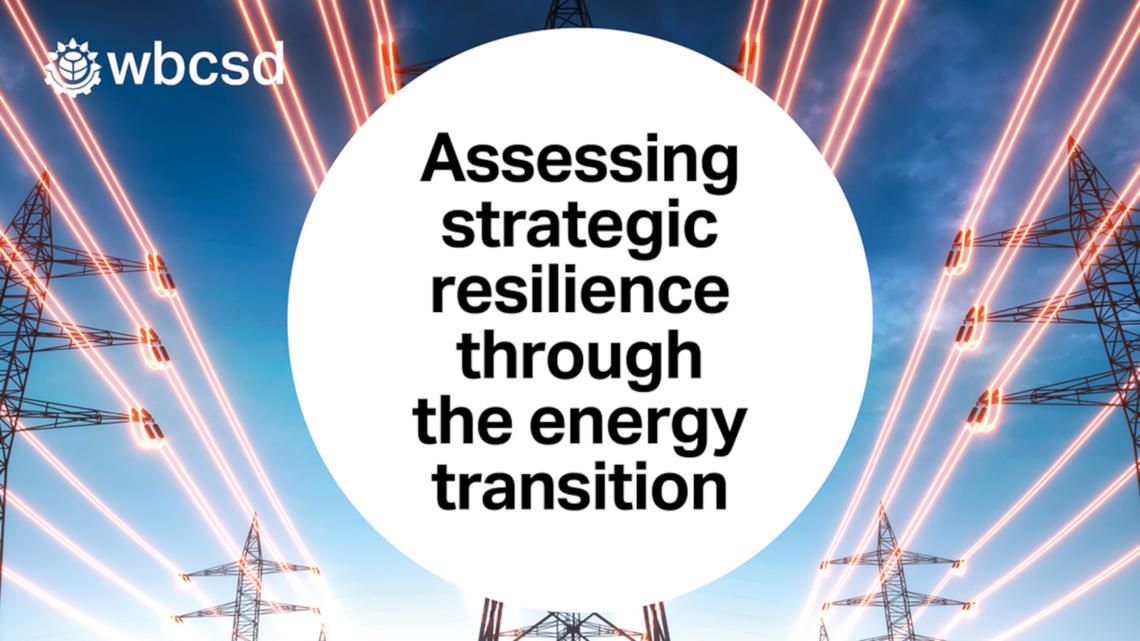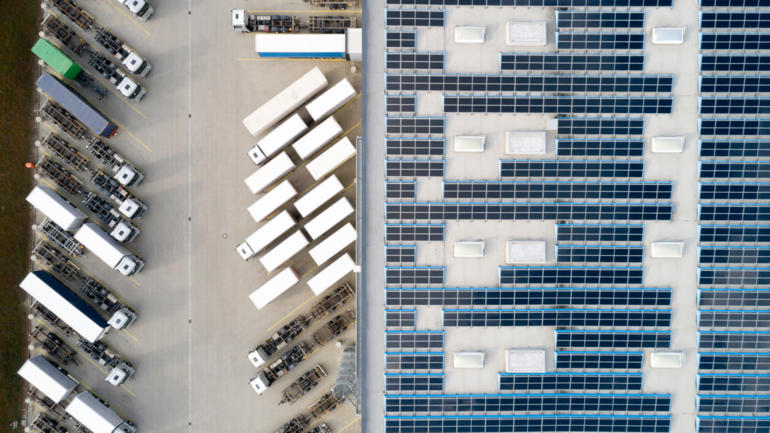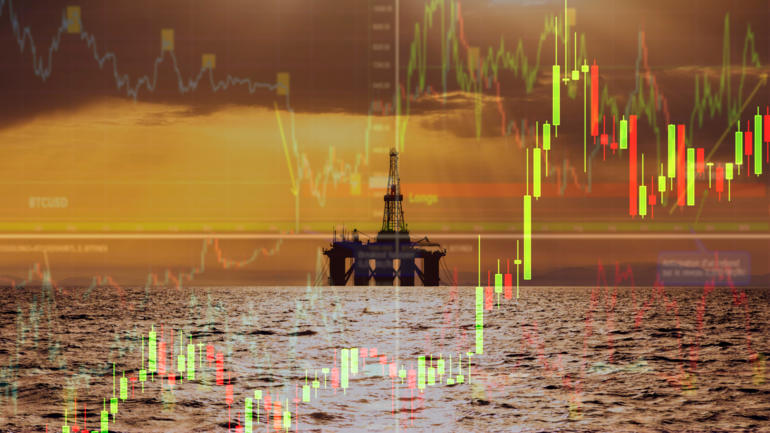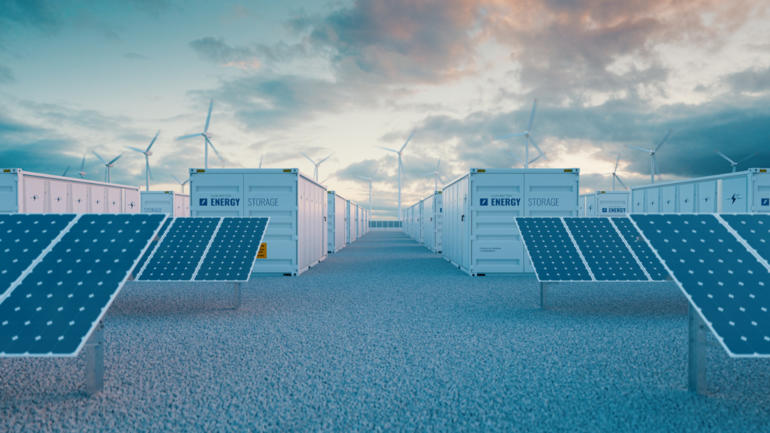Geneva/London, 23 March 2022: Today, through collaboration with the World Business Council for Sustainable Development (WBCSD), leading companies across the energy system release a new report and an online platform supporting an approach to climate-related scenario analysis, responding to recommendations from the Task Force on Climate-Related Financial Disclosure (TCFD).
The suite of resources launched today provide a common, transparent approach to the use of climate scenarios to support strategic resilience assessment, exploring transition pathways, dependencies and uncertainty across a range of possible temperature and energy system outcomes. The work is informed by the experience and expertise of BASF, BHP, BP, CLP, CRH, EDF, Enel, Engie, Equinor, Holcim, Iberdrola and Skanska (the Energy Forum) and comprises of:
- The Climate Scenario Analysis Reference Approach for companies in the energy system – a report outlining the Energy Forum’s rationale, principles, process and reflections regarding scenario analysis efforts; and
- The Climate Scenario Catalogue v1.0 – an online platform that collates a range of selected scenarios and variables, with analysis by Vivid Economics.
The report describes the context and basis for the Climate Scenarios Reference Approach, outlines the allocation of various public climate scenarios to three scenario reference families (aligned with 1.5°C, 2°C and current policies/BAU) and introduces the Climate Scenario Catalogue. It explores business use of climate scenario analysis and outlines principles for making choices using the Catalogue, with examples of use cases.
The Climate Scenario Catalogue v1.0 contains 18 scenarios from six different scenario providers, with variables ranging across investment, demand, emissions, capacity, cost and price. It also includes additional business-relevant variables derived from existing scenarios. The Catalogue allows for the navigation, comparison and exploration of scenarios over time. The Catalogue will continue to be updated to incorporate future scenario developments.
WBCSD advanced, facilitated and coordinated the work. Vivid Economics developed the Climate Scenario Catalogue approach and analysis and provided core technical leadership. PwC provided project management support and technical input. ERM provided technical support and led engagement with advisors.
This work received valuable input from the TCFD and supports companies in following TCFD recommendations to assess their strategic resilience taking into consideration different climate-related scenarios. It also supports the COP26 Private Finance Agenda, led by Mark Carney, to advance a framework that ensures every financial decision takes climate change into account, which includes the ability to assess the resilience of companies to climate risk. The resources launched today align with WBCSD’s strategic priorities in climate action and supporting member companies on how to engage capital markets on ESG performance.
Participating Energy Forum member, Francesca Gostinelli, Head of Group Strategy, Economics and Scenario Planning, Enel commented, “Companies have a key role in making the energy transition happen: set clear decarbonization targets, steer their strategy along paths to reach net-zero and get involved with all stakeholders in order to reach 1.5°C goals and quickly empower actions towards long-term sustainable value creation. Since it is crucial to understand initiatives and measures to implement such efforts this work built with the WBCSD is essential to increase players’ analytical and critical skills regarding scenarios available in the market and any variables they involve. These many what if trajectories help strengthen strategic choices, focusing on the scenarios families to guide companies’ efforts and transition routes towards 2030 and beyond.”
Spencer Dale, Chief Economist, bp shared, “Energy scenarios, by exploring the range of uncertainty associated with the energy transition, can play a key role in helping companies assess the resilience of their strategies. The work of the Energy Forum and its creation of a public catalogue of business-relevant climate scenarios represents a significant step-forward in supporting energy companies’ use of a common set of scenarios for resilience testing and climate-related disclosures. Indeed, bp used the Climate Scenario Catalogue to inform its TCFD disclosures for this year.”
Lena Hök, Executive Vice President Sustainability & Innovation, Skanska shared, “While it is clear that climate change is having and will continue to have a significant effect on businesses, the manner and extent of these effects is not always clearly understood. Gaining a better understanding of climate-related risks and opportunities under different scenarios is crucial both for businesses and for their stakeholders. We are delighted to have been a part of this work and we are confident that it can play an important role in enabling companies to better understand, address and communicate around the wide range of potential risks and opportunities presented by climate change.”
Gonzalo Sáenz de Miera, Director of Climate Change and Alliances, Iberdrola said, “To ensure the 1.5°C objective of the Paris Agreement remains viable, the decarbonisation of energy needs to be accelerated across all sectors of the economy. Energy scenarios allow companies to assess the scale of this transformation and shape business strategy to align with a 1.5°C decarbonization pathway, assessing risks and opportunities. This collective initiative is welcome and an important step forward, creating a detailed but practical platform that makes public scenarios easier to access, interpret and use.”
Jon Williams, Chair of the PwC UK Sustainability and Climate Change practice and a member of the Financial Stability Board (FSB) Task Force on Climate-related Financial Disclosures (TCFD) said, “a core aspect of futureproofing our economy is understanding the plausible pathways that companies should follow in order to achieve their 1.5°C goals. This work allows companies and financial institutions to assess how risks and opportunities could evolve over time through the use of multiple climate scenarios from reputable sources. It is crucial for a common set of principles to be used by organisations to enable comparability across disclosures to help financiers understand where the risks lie.”
The Climate Scenario Analysis Reference Approach report is available here.
The Climate Scenario Catalogue v1.0 is available here.








